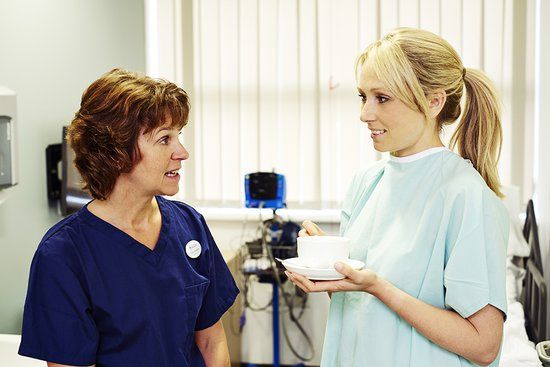Polycystic Ovarian Syndrome (PCOS) is a common cause of fertility problems. PCOS causes problems with ovulation and menstrual cycle, making it difficult to conceive naturally if you have PCOS.
At Manchester Fertility, we can help you have a baby if you have PCOS. We will look at your fertility status in careful detail and will advise you, based on your individual and personal diagnosis, how PCOS is affecting your fertility and what interventions would be best.
Because of the irregularity of ovulation – some women with PCOS don’t ovulate at all - and menstrual periods, typically we advise a treatment called induction of ovulation.
This involves taking fertility drugs to stimulate your ovaries to release a mature egg. Your treatment protocol - exact dosage, type of drug and timing of administration of the drugs - is carefully planned to take into account your PCOS and how this can affect response to ovarian stimulation, egg development and endometrial response. Your womb lining needs to be of the right thickness to accept any embryo for implantation.
During the time you are taking the fertility drugs, you are monitored by our team at our clinic to minimise your risk of Ovarian Hyperstimulation Syndrome (OHSS) and to ensure that you are responding in line with your treatment plan. You will undergo blood tests and ultrasound scans, which will also tell us that your endometrial lining is thickening ready to receive an embryo.
You can then attempt to conceive naturally, or you can opt for intrauterine insemination treatment, when your partner’s sperm is inserted directly into your uterus, to put it close to the egg in the hope fertilisation occurs.
Or, once your PCOS is under control and corrected, we may recommend a cycle of IVF, dependent upon your exact diagnosis and medical history. This again involves taking fertility drugs to boost ovulation, but your eggs are recovered via a minor procedure in our clinic and fertilised with your partner’s sperm in our laboratory. Resulting embryos are then analysed and transferred into your uterus. Dependent upon the quality of your embryos, we may advise a Blastocyst transfer, which is when your embryos are allowed to develop for longer in our laboratory before transfer, to help them implant.
If you have PCOS, please be assured that we can help you have a baby but it involves careful treatment planning and protocols to ensure chances of success are maximised. We’re always happy to answer any questions you have about treatment when you have PCOS, so please contact our friendly team on 0161 300 2737 or use our free Ask the Expertfeature to post us a question anonymously.
Last updated: 20th January 2020





